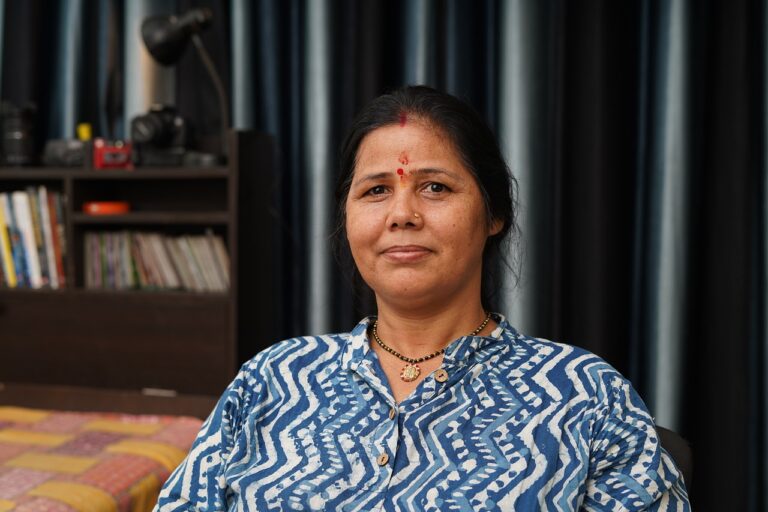Assessing the Role of Political Debates in Educating Voters on Policy Issues
Political debates play a crucial role in shaping voter education by providing a platform for candidates to express their views on key issues. Through these debates, voters are able to gain a deeper understanding of candidates’ policies, values, and plans for the future. By listening to candidates engage in discussion and defend their positions, voters can make more informed decisions at the polls.
Moreover, political debates help voters assess the candidates’ abilities to think on their feet, articulate their ideas, and respond to challenges in real-time. This dynamic exchange allows voters to evaluate how well candidates can present their arguments and address concerns raised by opponents or moderators. Ultimately, political debates are an essential tool in empowering voters with the knowledge needed to make meaningful choices in elections.
The Historical Evolution of Political Debates
Political debates have been a significant part of the democratic process for centuries. Dating back to ancient Greece, debates were used as a way to inform and persuade the public on important political matters. Over time, these debates evolved to become more organized and structured, allowing for a more formal exchange of ideas and viewpoints between candidates.
In the United States, the first televised presidential debate took place in 1960 between John F. Kennedy and Richard Nixon. This marked a significant turning point in how political debates were conducted and viewed by the public. The visual and verbal exchange between the candidates had a direct impact on voter perception and engagement, showcasing the importance of these debates in shaping public opinion.
The Impact of Political Debates on Voter Engagement
Political debates play a crucial role in engaging voters by providing them with a direct view of the candidates’ policies and stances on various issues. Through these debates, voters have the opportunity to assess the knowledge, competence, and communication skills of the candidates, allowing them to make more informed decisions on election day. This direct interaction with the candidates can often sway undecided voters and encourage overall voter turnout.
Moreover, political debates serve as a platform for candidates to address pressing concerns and present their visions for the future. By witnessing how candidates handle tough questions and articulate their opinions, voters can gain insight into their character and leadership style. This transparency and accountability foster a sense of trust between the candidates and the electorate, ultimately leading to a more engaged and active voter base.
• Political debates provide voters with a direct view of candidates’ policies and stances
• Voters can assess knowledge, competence, and communication skills of candidates
• Debates can sway undecided voters and increase voter turnout
• Candidates use debates to address concerns and present visions for the future
• Voters gain insight into candidates’ character and leadership style through debates
• Transparency and accountability in debates foster trust between candidates and electorate
What role do political debates play in voter education?
Political debates provide voters with an opportunity to learn about the candidates’ positions on various issues, helping them make informed decisions on Election Day.
How have political debates evolved over time?
Political debates have evolved from simple speeches to more structured and moderated formats, allowing for a more organized and focused discussion on important issues.
Do political debates actually impact voter engagement?
Yes, studies have shown that political debates have a significant impact on voter engagement, as they help increase awareness and interest in the electoral process.
Are political debates still relevant in the age of social media?
Yes, political debates remain relevant in the age of social media, as they provide a platform for in-depth discussions and debates on key issues that may not always be captured in short social media posts.
How can voters make the most of political debates?
Voters can make the most of political debates by actively listening to the candidates, researching their positions, and critically analyzing the information presented during the debate.







